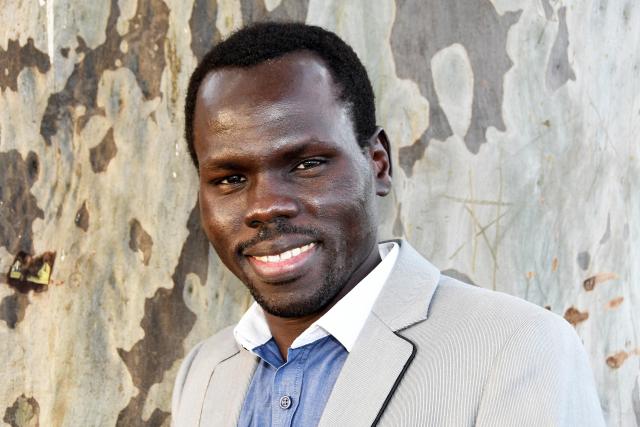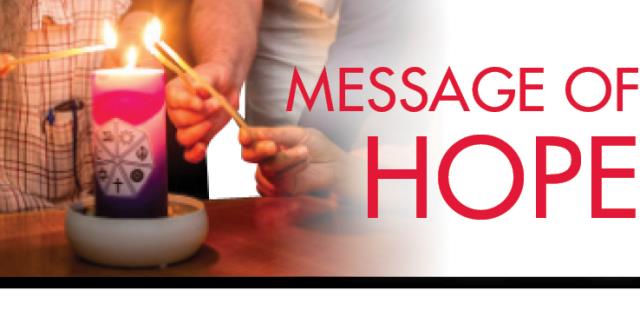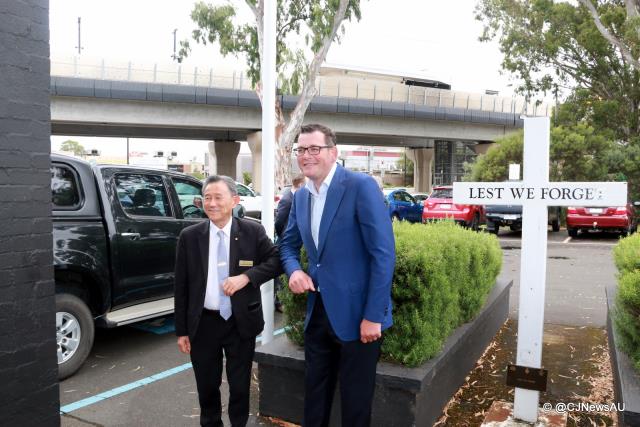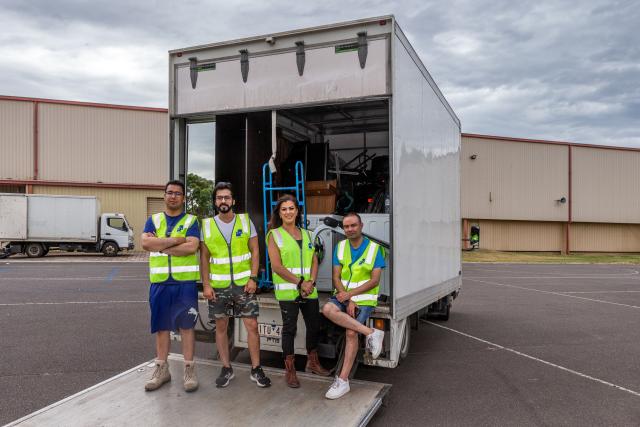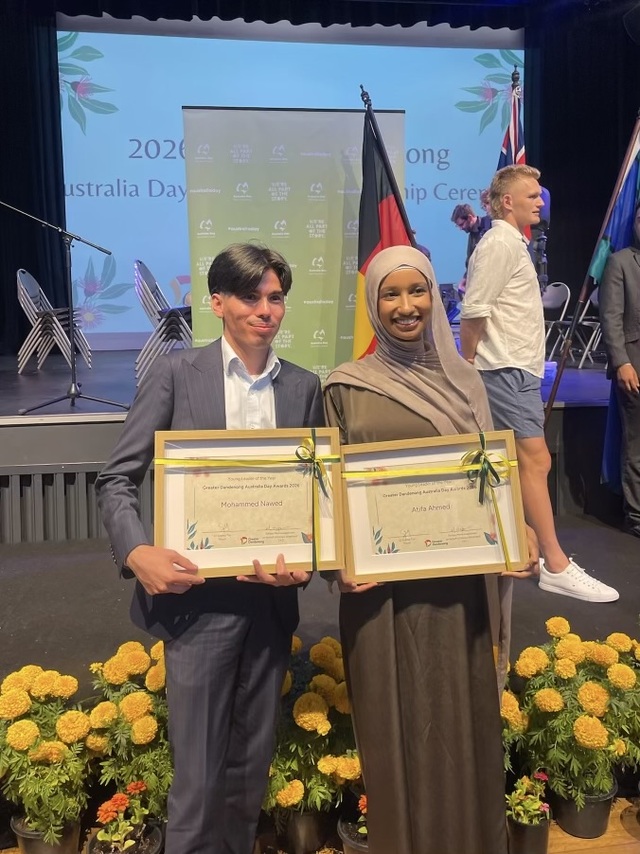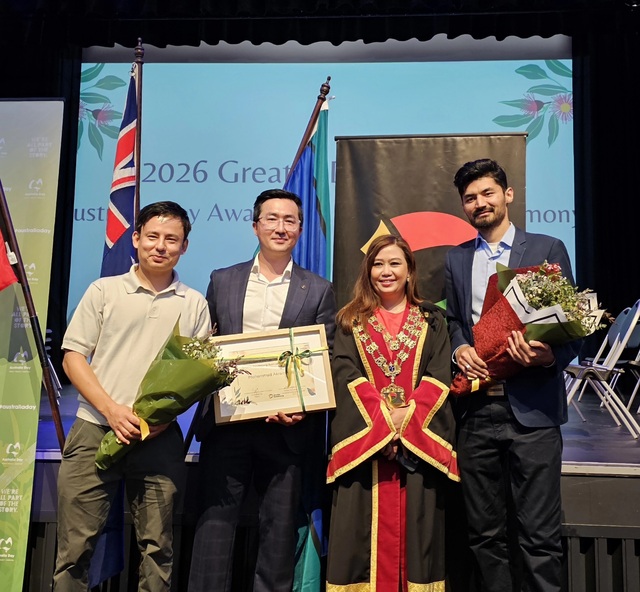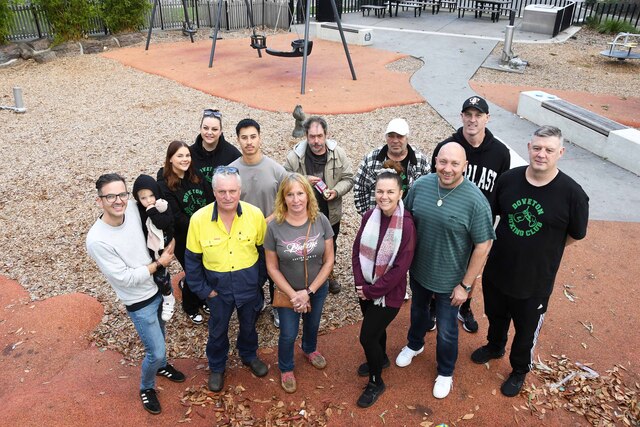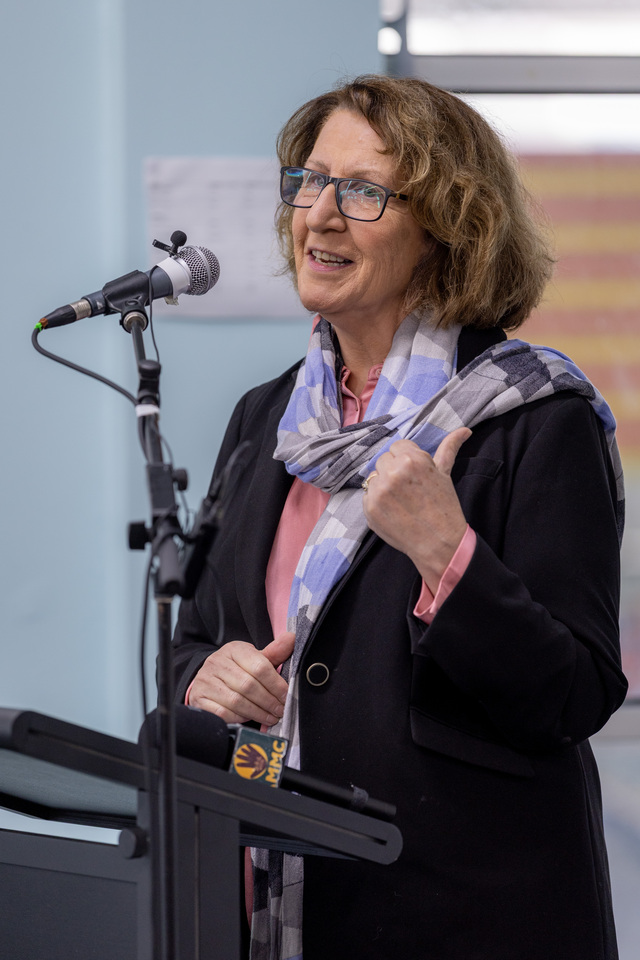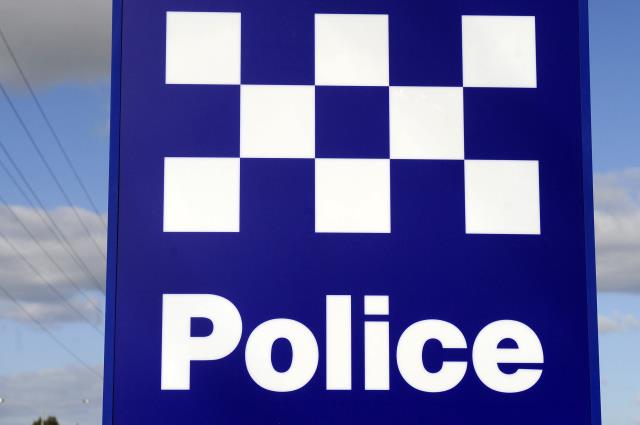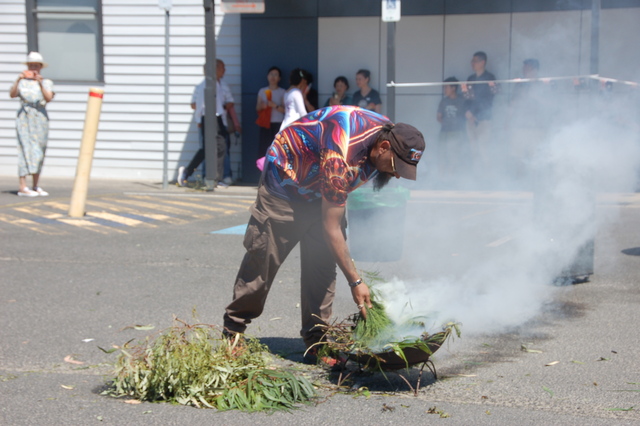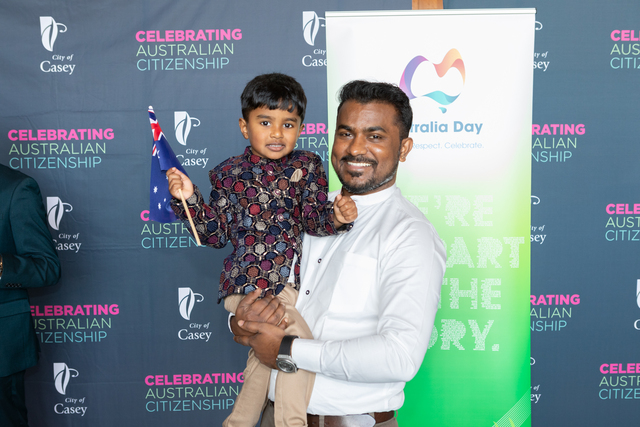The problem with sticking with the status quo is that we get the same results and the current results are not great for Australia’s First Nations people, argues co-founder of the South Sudanese-Australian Academic Society, Andrew Gai.
None of us has walked in the First Nations people’s shoes to really experience the long-lasting impact of colonisation, dispossession of land and the stolen generation. Despite several attempts by successive governments to address the challenges facing the First Nations people, there is continued over-representation of the First Nations children and young people in Out-of-Home Care and juvenile justice system across the country.
We have been trying to close the gap in key areas such as health and wellbeing; education; employment; justice; safety; housing, etc., for over 10 years now but the progress has been very slow. We cannot allow our First Nations people living in third world like conditions in this economically successful first world country of Australia. Some of the towns in the central and Northern Australia are underdeveloped with limited essential services.
The Voice will be the better alternative in truly achieving the better outcomes for our First Nations people. Those of us who drive manual, you know that it’s time to change gears when you feel a vibration and/or hear a different noise. We have pretty much been using the same gear for 122 years now to try to address the challenges facing our First Nations people but the evidence shows that some of the efforts have been in vain. Now there is vibration for change in how we as a nation can enhance reconciliation with our First Nations people. So it’s time to change gears Australia. Let’s hear the voice of our First Nations people and see what the next 100 years will look like.
Voting is currently underway leading up to the final day on 14 October and all Australians who are eligible to vote are being asked to vote Yes/No to this statement: “A Proposed Law: to alter the Constitution to recognise the First Peoples of Australia by establishing an Aboriginal and Torres Strait Islander Voice”.
The Voice was a key recommendation from the Uluru Statement From The Heart and it has the support of over 80 per cent Aboriginal and Torres Strait Islander people. So this is not something that some non-Indigenous Australians thought it would be best for the First Nations people but it is the First Nations people themselves who are asking for it. The Voice will ensure that the government listen to the needs and concerns identified at the grassroot level and ensure that policies and decisions co-designed with the First Nations people.
The First Nations people had their own system of government before colonisation and it’s fair to say that the system worked for them at time. One notable example was that the First Nations people raised their children in their own homes, within supportive extended family and community. Furthermore, the First Nations people’s communities are made up of clans and/or tribes with the elders (uncles and aunties) playing a very important role of ensuring cohesiveness and addressing problems as they arise. Such knowledge and wisdom have been suppressed or replaced by the Western form of government and the results are obvious as mentioned above.
Therefore, the Voice is self-determination for the First Nations people. In other words, the Voice will enhance the self-determination work that began in early 1970s with the policy of ‘self-determination’ whereby the First Nations people gained the right to make decisions about matters affecting their own lives, including the pace and nature of their future development within the legal, social and economic framework of Australian society.
The Voice is healing for the First Nations people; since being listened to and acknowledged are the beginning of the healing process. However, this time, listening and acknowledgement must be followed by concrete actions and strategies informed by the Voice.
The Voice will pave the way for a proper treaty negotiation at the national level when time is right to talk about having a treaty with the First Nations people. Taking an example from my home state of Victoria which is leading the way in the path towards a treaty with the First Nations people. Having successfully set up the First Nations People’s Assembly has made it a lot easier for the First Nations people in Victoria to have one very strong voice at the negotiation table with the Victorian government. And as for the Victorian Government, it has been a very efficient approach, in terms of saving money and time to negotiate with one body rather than with 100 or so tribal leaders. So the Indigenous voice to Parliament will aid the national treaty negotiating process on both sides in the future.
This is our generational opportunity to set the record straight in our national document – the Constitution. Referendums (referenda) do not occur very often and chances of success are very minimal. So every Australian needs to vote and vote with a clear conscience. We cannot erase history but we can acknowledge it and rewrite any wrong or mistakes of the past generations and successive governments.
One of the wrongs that needs to be rewritten is the term “terra nullius”, i.e. that Australia was a “nobody’s land” which is contradictory to what most of us Australians often proudly proclaim – that we have the world’s longest-continuing-living culture for over 65,000 years. But all of the sudden this ceases to exist or be it for a moment in early 1770s when Captain Cook arrived in Australia. It is very important that our First Nations people are recognised in our national Constitution and we can make this happen on 14 October.
We have come a long way as a nation in the journey towards achieving a meaningful reconciliation with our First Nations people. The past generations have had their say on several Indigenous issues, e.g. being counted in census, being allowed to vote etc. Regardless of the outcome from this referendum, one thing that is crystal clear is that our First Nations people need to be listened to more and they want to be more involved in decisions and policies that affect their people and their communities across Australia.

